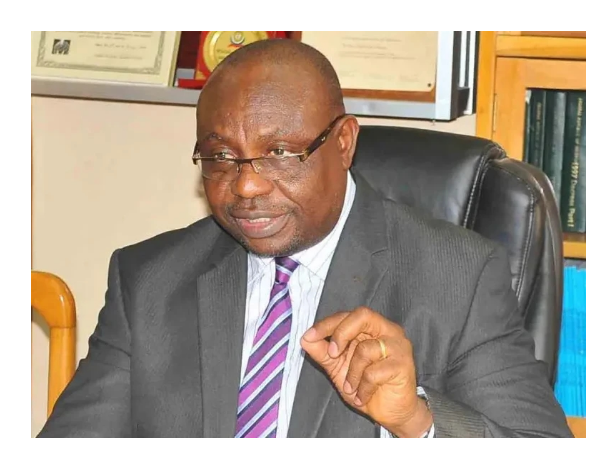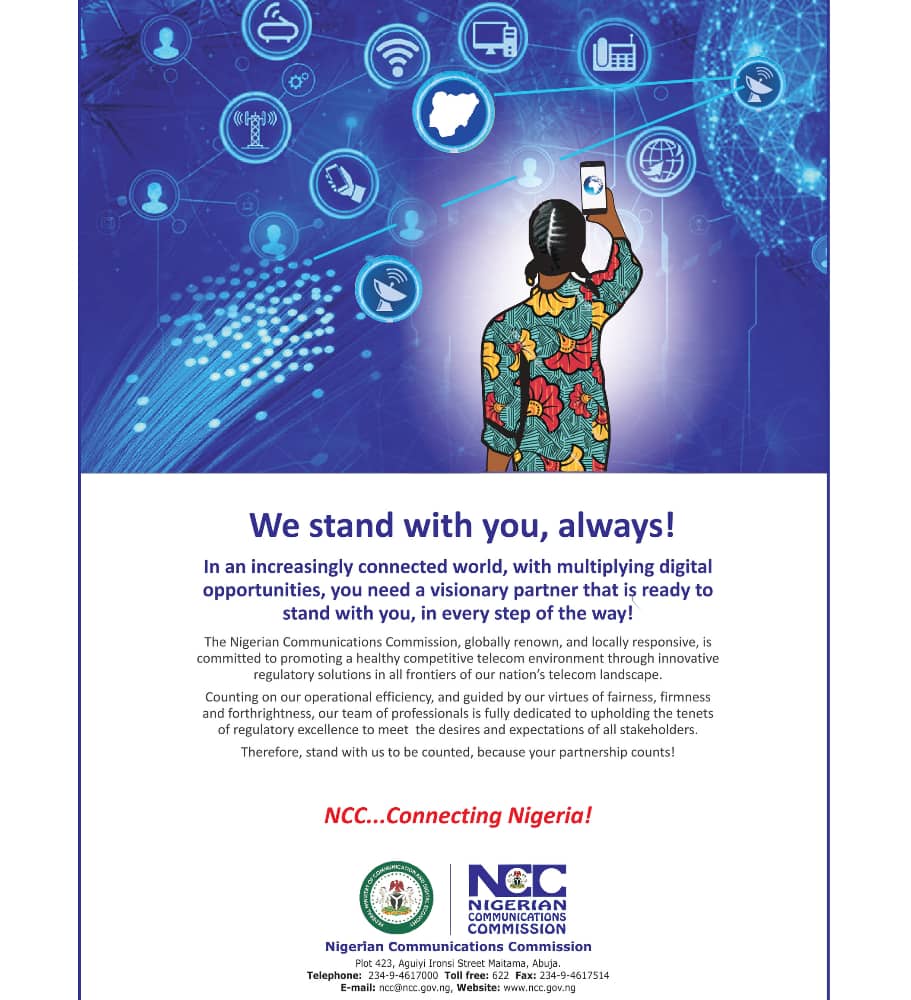
Festus Okoye
Commissioner for Information and Voter Education of the Independent National Electoral Commission (INEC), Festus Okoye tells Humsimedia that the Commission’s process of getting materials to the Wards and polling units especially during the states and national elections is not without some challenges. Collapsing some of the Registration Areas into bigger Super Racks for the purposes of collation will do the Commission a lot of good. Excerpts:
What is the process of taking election materials across the nation especially during the states and national elections?
In Nigeria, there are two tiers of election administration. The first tier of election administration is the Independent National Electoral Commission, (INEC) established by the Constitution of the Federal Republic of Nigeria.
The Independent National Electoral Commission has been given the power by the Constitution to organize, undertake and supervise elections to the office of President and Vice President, to the office of Governor and Deputy Governor, to the membership of the Senate, membership of the House of Representatives and membership of the State Assembly.
Not only that, the Independent National Electoral Commission is also given the responsibility to conduct Area Council elections in the Federal Capital Territory, (FCT).
The second tier, we call it the States Independent Electoral Commissions. These States Independent Electoral Commissions conduct local government elections in the various States of the federation.
What are the limitations of State Electoral Commissions in terms of Voters registration?
There are two things they cannot do. One, they cannot register voters and they cannot register political parties.
So the voters register which the States Independent Electoral Commissions use for the conduct of local government elections is a register compiled by the Independent National Electoral Commission.
The list of political parties they use is also the list compiled by the Independent National Electoral Commission. These are the two things that the States Independent Electoral Commission cannot do.
How does INEC distribute election materials?
Now, because we are an Independent National Electoral Commission, what we do is that we organize these elections that are Constitutionally prescribed.
The INEC has a national headquarters, also has offices in all the States of the federation, including the FCT. And for the FCT, when we are conducting elections, we regard it as a State.
We also operate on the basis of the fact that we have offices in 774 Local governments of the federation. Those are the offices we have, but during election period, we also utilize 8,809 registration areas or Wards for the purposes of our elections.
And for the purposes of collation of results, the 8,809 registration areas or wards form the first level of collation. So in terms of getting our materials to the polling units on election day, what the Commission does is that all the materials meant for Presidential, governorship and National and State Assembly elections are domiciled with the Central Bank of Nigeria, (CBN).
We take all of them to the Central Bank. Then on the Thursday before an election, we go to the Central Bank with all the party agents, the media and with the domestic and international observers to go and inspect these materials.
And we give the specific content of these materials to all the political parties. So from there, the material now leaves the Central Bank in each State of the federation to the various State offices.
When these materials get to the State offices, they are offloaded and then, we batch them according to local governments. So for each local government, we remove all the materials for that particular local government and then move the materials to our local government office.
When they open the package in the materials meant for the local governments, the materials are also batched in accordance with the Registration Areas, (RAs), depending on the number of RAs in a particular State.
So from the local governments, we now move the materials to the RAs or wards. Now, sometimes we cluster the Registration Areas into what we call Super Racks.
We can cluster 3 Registration Areas and house all the adhoc staff that are going to operate on election day in that place. So the materials meant for all those Registration Areas goes to those Super Racks.
On Friday night, they now distribute those materials in accordance with the polling units. Mostly, each Registration Area has between 10 and maybe 24 polling units.
So these materials go to the polling units and they are distributed on the election day. In the morning, before the first light, these materials leave for the polling units. So that’s exactly how we distribute these materials.
What is the process of collation and announcement of election results?
After the election, the materials begin to make their ways back to where they came from. From the polling unit, it goes back to the Ward, in terms of reverse logistics.
Then from the Ward, it goes back to the Local Government, depending on the type of election. If its a federal constituency election made up of two Local Governments, so it terminates at the level of the Local Governments from where the results are announced.
If its a Senatorial District, made up of maybe, five Local Governments, all the five Local Governments will bring their results to the Senatorial collation centre.
If it is a Governorship election, it makes its way from the polling units, goes to the Registration Areas for collation. From the collation and Registration Areas, it goes to the Local Government for collation.
From the Local Government, its collated and it goes to the State collation centre if its for the governorship, where it is declared.
If its the Presidential, it now comes to the Presidential collation centre which is in the Federal Capital Territory, Abuja. This is the way our processes are organized.
Without a local government structure on ground, how effective will this process be?
Now, what is the relationship of this to the Local Government administration? The truth of the matter is that all the Local Governments have offices in the 774 Local Government Areas of the federation.
The Independent National Electoral Commission also has offices in the 774 Local Government Areas of the federation. So what we do is that we utilize our own Local Government system and our own Local Government offices for the purposes of deployment of election materials and the collation of election results.
So that’s the way the Commission operates in relation to elections. Is this very effective? Yes its been very effective. But the challenge we have has really nothing to do with our Local Government offices.
What are the challenges in terms of deployment of logistics?
The challenge we have revolves around the issue of logistics because at each level, we have to charter or hire vehicles. And as at today, we have over 176,000 polling units, and we have to transport our staff and materials to these polling units.
For the 2019 general election, we deployed over a million adhoc staff throughout, and these had to be taken to their polling units and brought back.
So some of the logistics challenges we have revolves around the issue of transporters not turning up on time, or transporters reneging on the contracts they have entered into with us or the security agencies going to the polling units rather than going to the Registration Areas or to the Wards to go and carry the adhoc staff.
So these are part of the challenges we have in terms of logistics during the elections.
What is the way forward?
That’s basically it but I believe that as we move on, that it may be important for us to find a mechanism of collapsing some of the Registration Areas into bigger units for purposes of collation.
This is because sometimes when we collate at the Registration Areas which are smaller units, sometimes it gets to night and by the time they get to the Local Government, they become endangered, it becomes a very serious security challenge.
So if we can collapse some of the Registration Areas into bigger Super Racks for the purposes of collation, it will do the Commission a lot of good.


